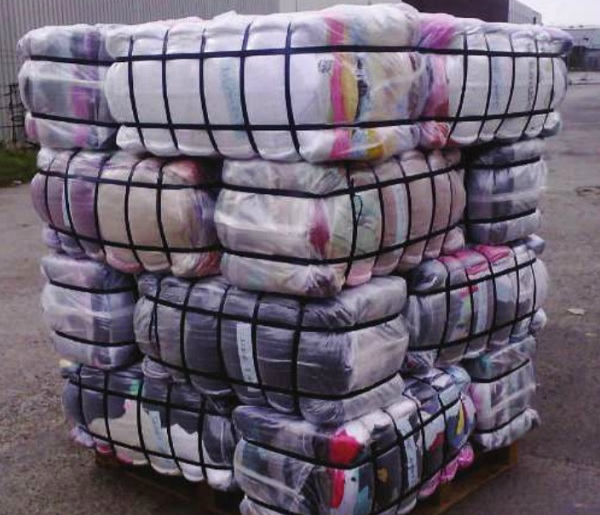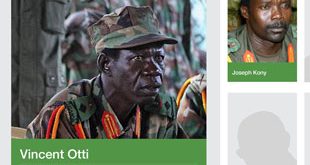
“These are first class,” says the woman as she shoves undergarments, mostly used bras, at me, “they are well-sorted and imported from UK, Europe, Korea and Australia.” I am in Owino Market, the sprawling market which is renowned throughout East Africa for its bustling trade in second-hand clothing items. I could be tempted to buy something but I am not here to shop, writes Agnes Nantaba.
Interest in second-hand clothes has recently been renewed by comments attributed to the U.S. Ambassador to Uganda, Deborah Malac.
Malac, while on a courtesy call to the Speaker of Parliament, Rebecca Kadaga, reportedly warned Ugandan MPs not to pass a law banning importation in Uganda of second hand clothing. Malac reportedly said passing such a law would impact negatively on the African Growth and Opportunity Act (AGOA), the trade pact under which America and Uganda opened their markets to specified products from either country.
Under the deal, according to the latest figures from the U.S. Department of Commerce’s International Trade Commission (from 2014), Uganda imports at least 1,500 tons of secondhand clothing annually from the U.S. In total, including all goods, the U.S. exported goods worth US$78 million to Uganda over the same period.
In return-trade, under AGOA, in in 2014 Uganda exported goods worth US$46 million at customs value.
Those are small, and declining figures compared to other Sub-Saharan economies trading with the U.S. under AGOA. Neighbouring Kenya, for example, imported items worth US$1,600 million from the U.S., Ethiopia, US$1,700 million, and South Africa US$7,300 million. Over the same period Kenya exported to the U.S. items worth US$566 million, Ethiopia US$206 million, Chad US$2,328, and South Africa US$8,307 million.
However, those richer economies mainly exported petroleum and agricultural produce and imported machinery and aircraft. Poorer countries like Uganda export mainly apparels, handicrafts, and trinkets. In return, they are major markets for imported second-hand items like machinery, cars, and clothing and shoes from the U.S.
That possibly explains why Ambassador Malac was concerned that the Uganda parliament was contemplating a ban on second-hand imports.
The move is part of an agreed position of leaders of East African member states to ban the importation of used clothes, shoes, and cars as part of a proposed market protection regime to spur import-substitution industrialisation in the region.
Big business
Down in Owino, however, Jasmine Namisango who was busy showing me her trove of undergarments appears unaware of the undercurrents of the business she is involved in. For her selling used clothing is a matter of survival for her and her six children. For 16-years, the 42-year old single mother has catered for her family needs through selling second-hand items locally called mivumba.
She is one of an estimated 50,000 vendors/traders in Owino Market, majority of whom deal in second hand clothes, shoes, bed sheets, bags, and whatever else the can buy cheap from what Americans discard and can sell at a profit.
They operate on the largest open market in Uganda which is on approximately 7.04 hectares of land, an area about the size of seven football stadiums. The market has been operating for 45 years, since 1971. It has a sector for other merchandise like fresh foods, plastics, fruits and vegetables, and more, but second-hand clothes rule.
Most Ugandans will testify that the diversity of the fare on offer is overwhelmingly attractive.
Young trendy people get to wear items from top design shops from all over the world including Ralph Lauren, Hugo Boss, Tommy Hilfiger, Gucci, Ungaro and more. The seniors get suits and dresses from Prada, Harrera, Louis Vitton, Westwood, Next, Marks and Spencer and more.
 The Independent Uganda: You get the Truth we Pay the Price
The Independent Uganda: You get the Truth we Pay the Price

